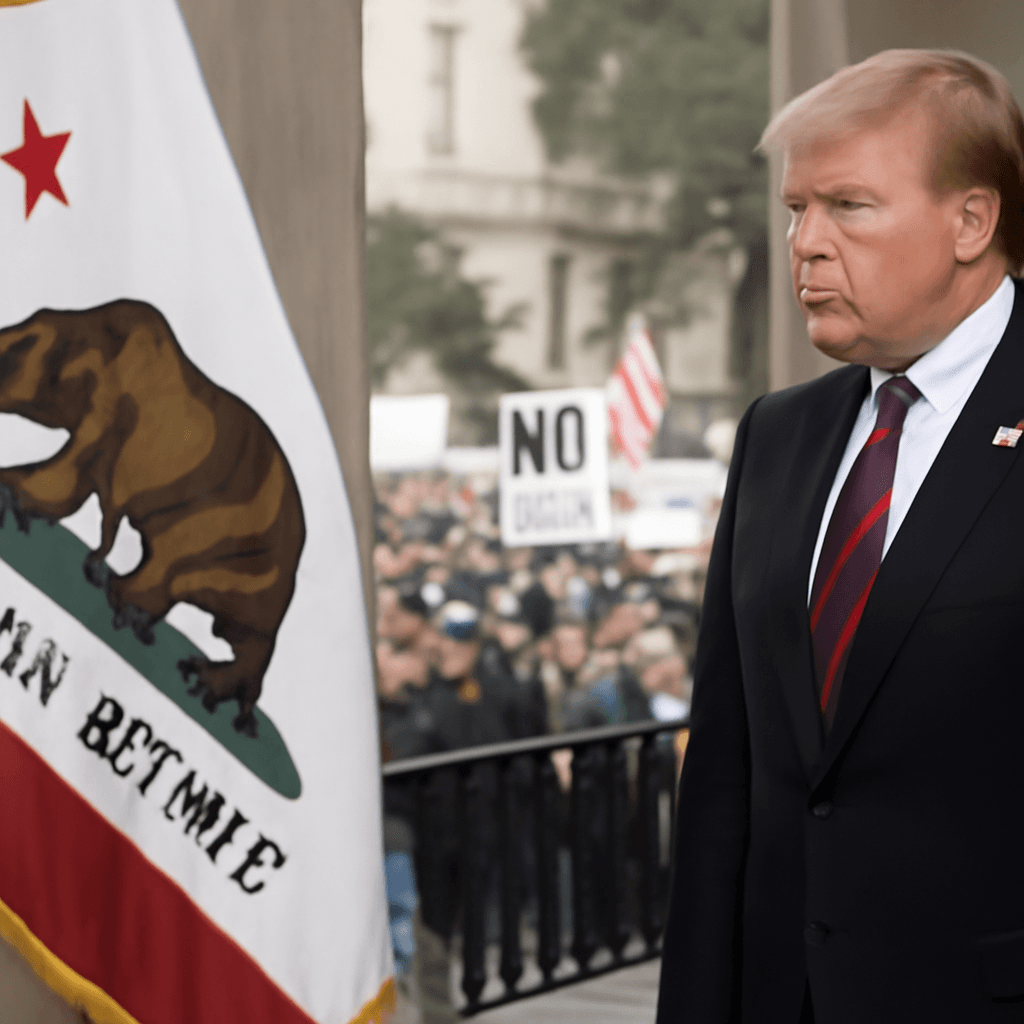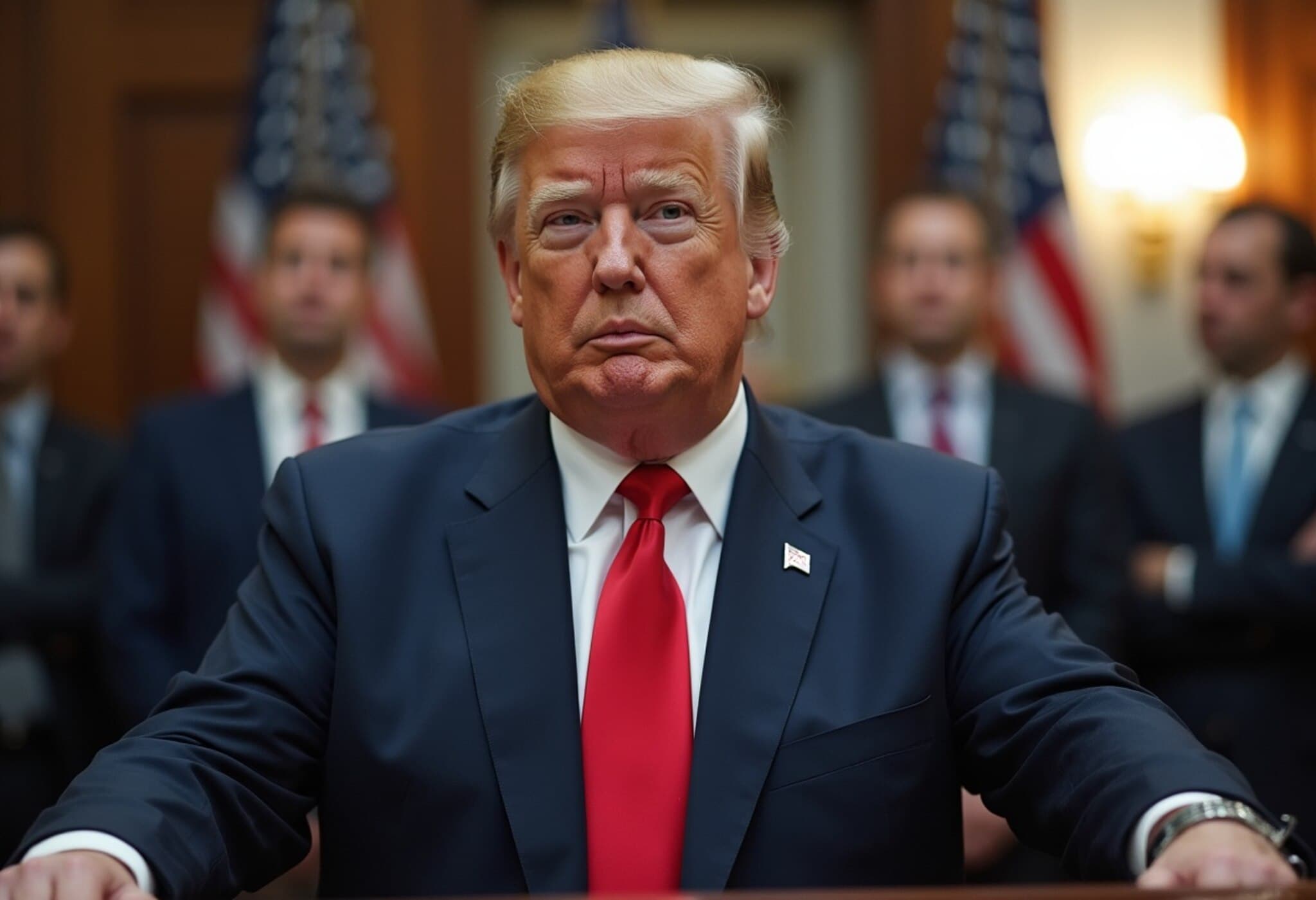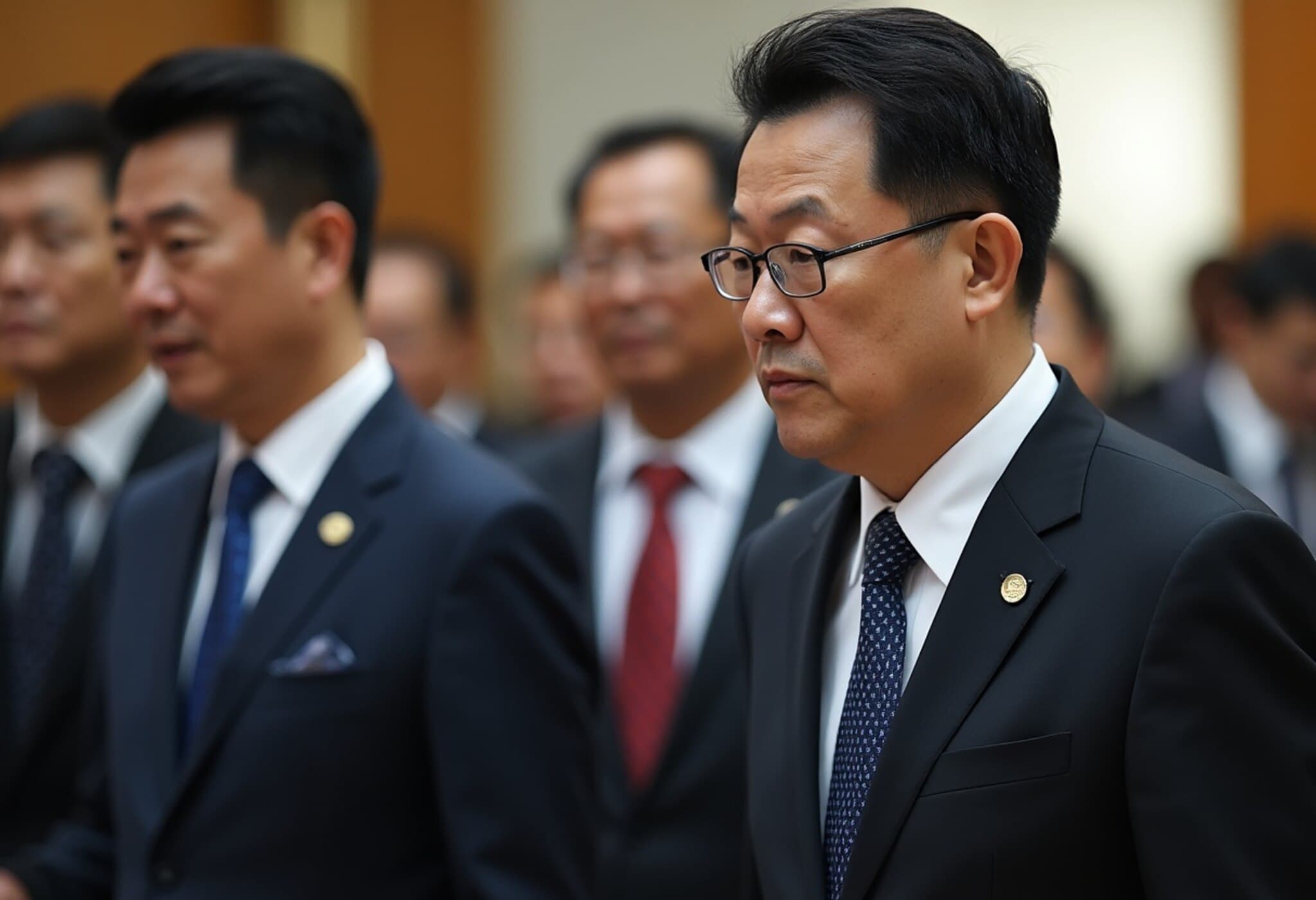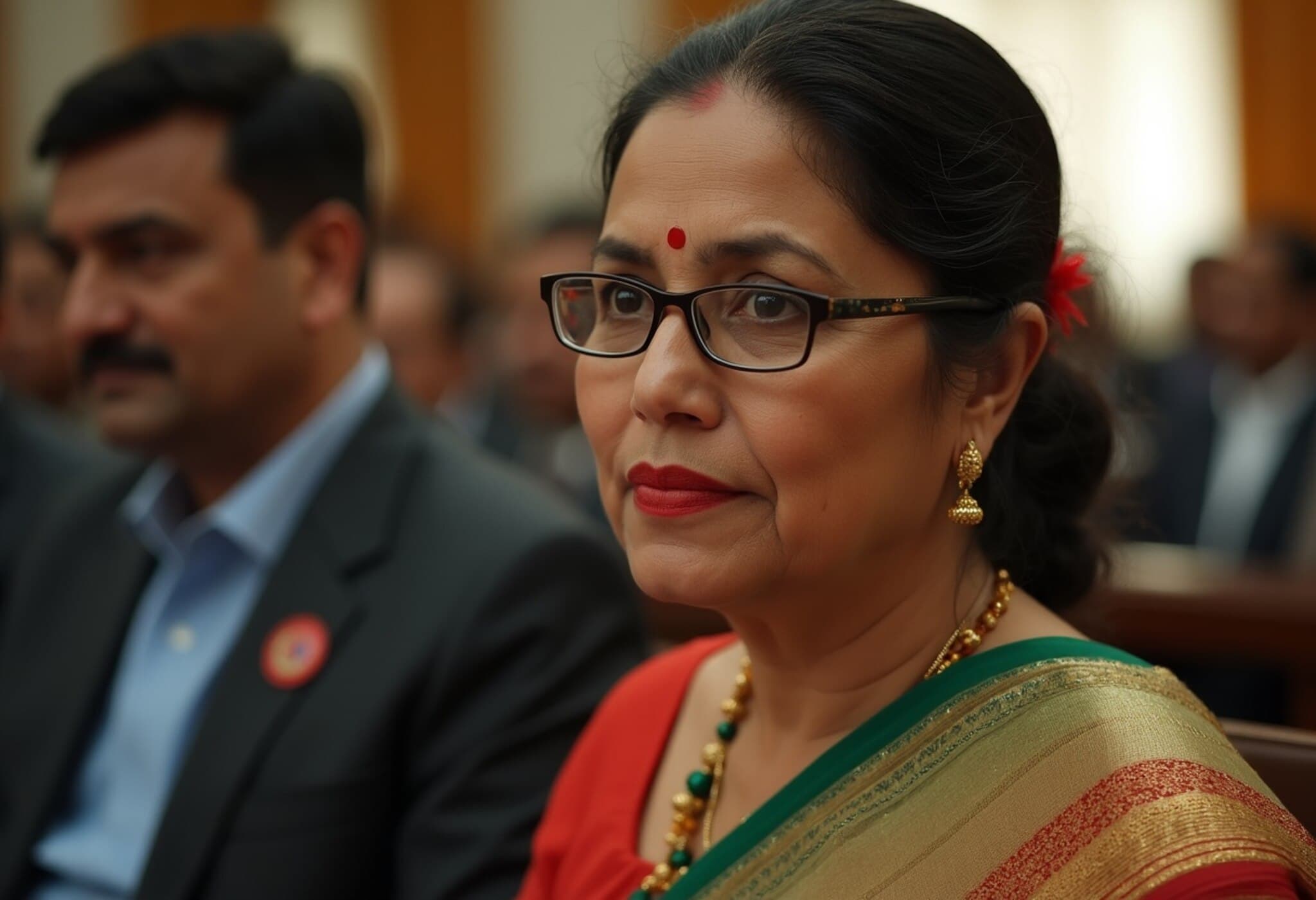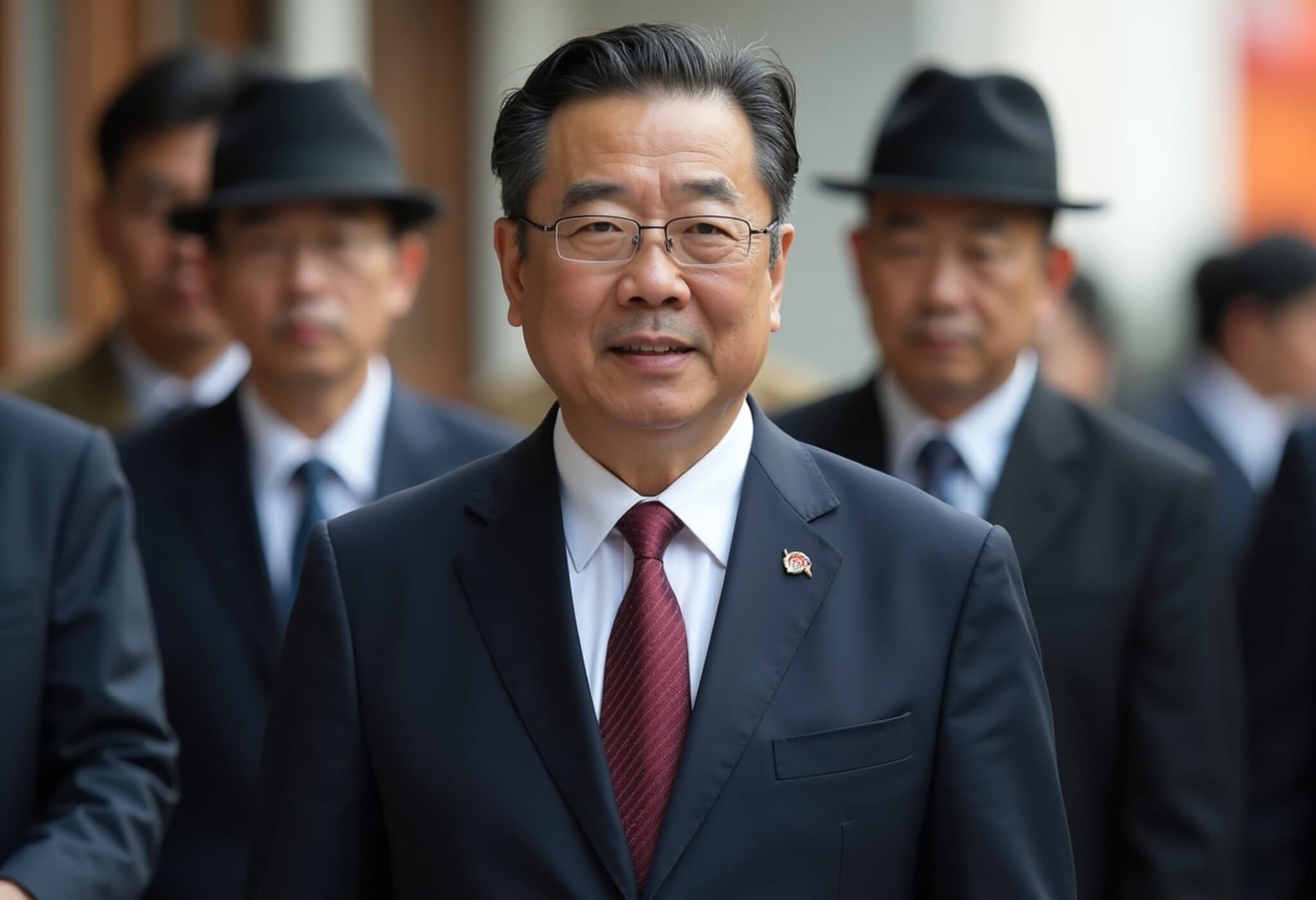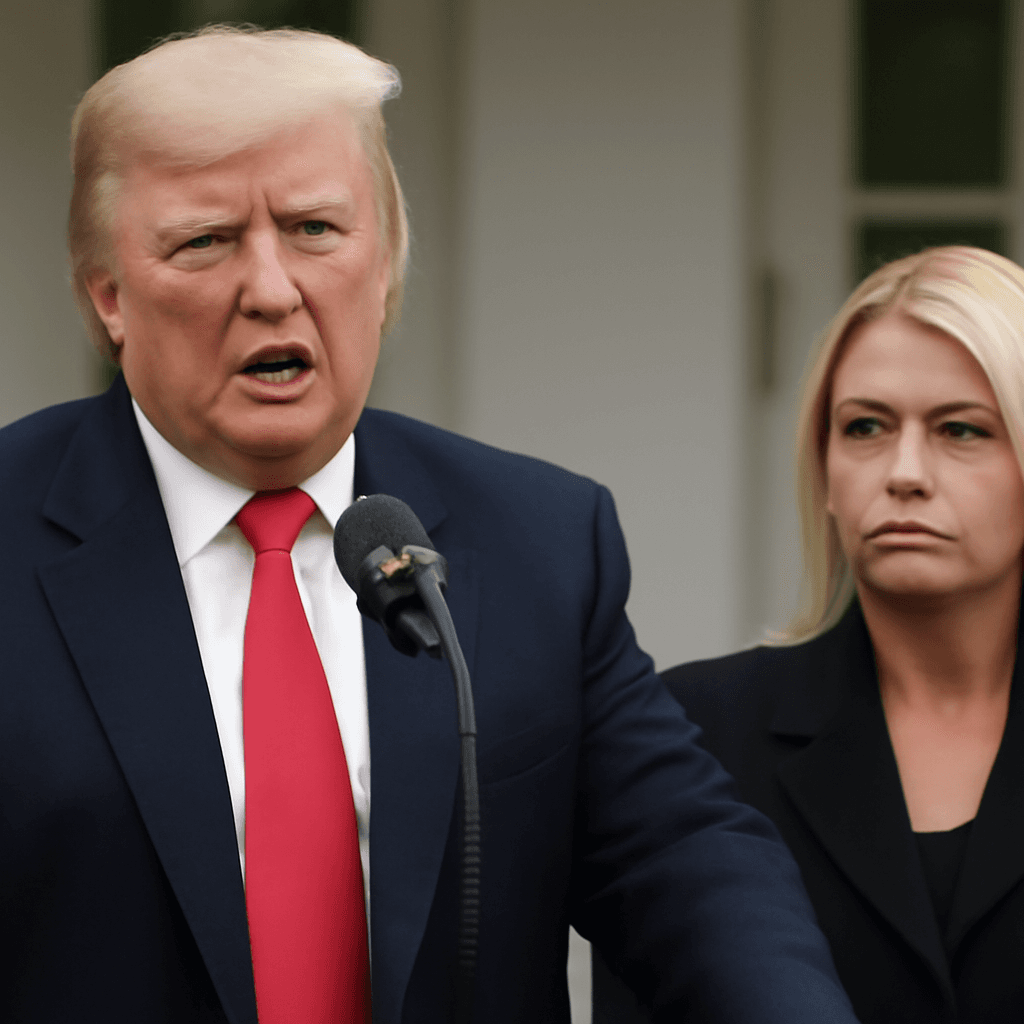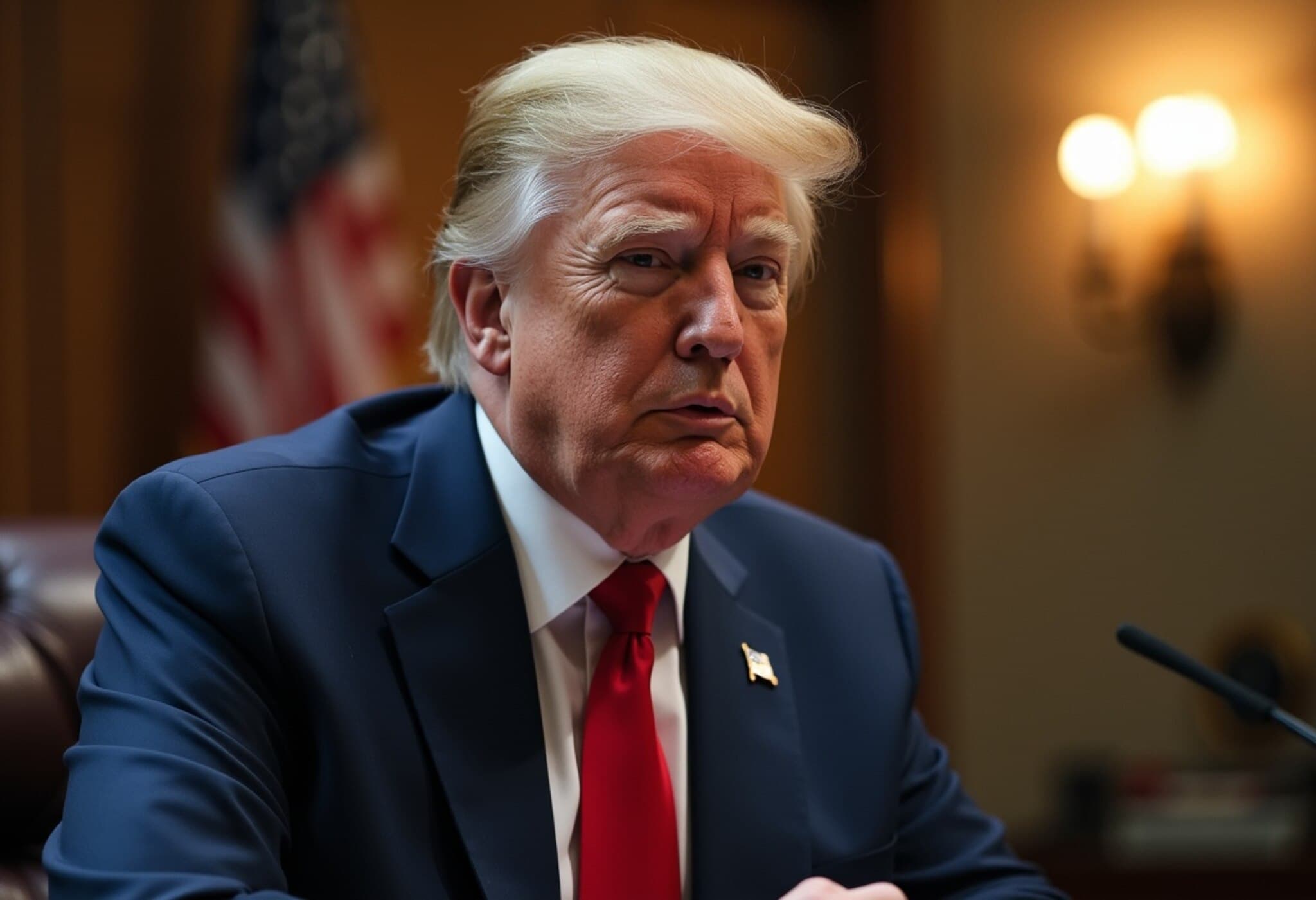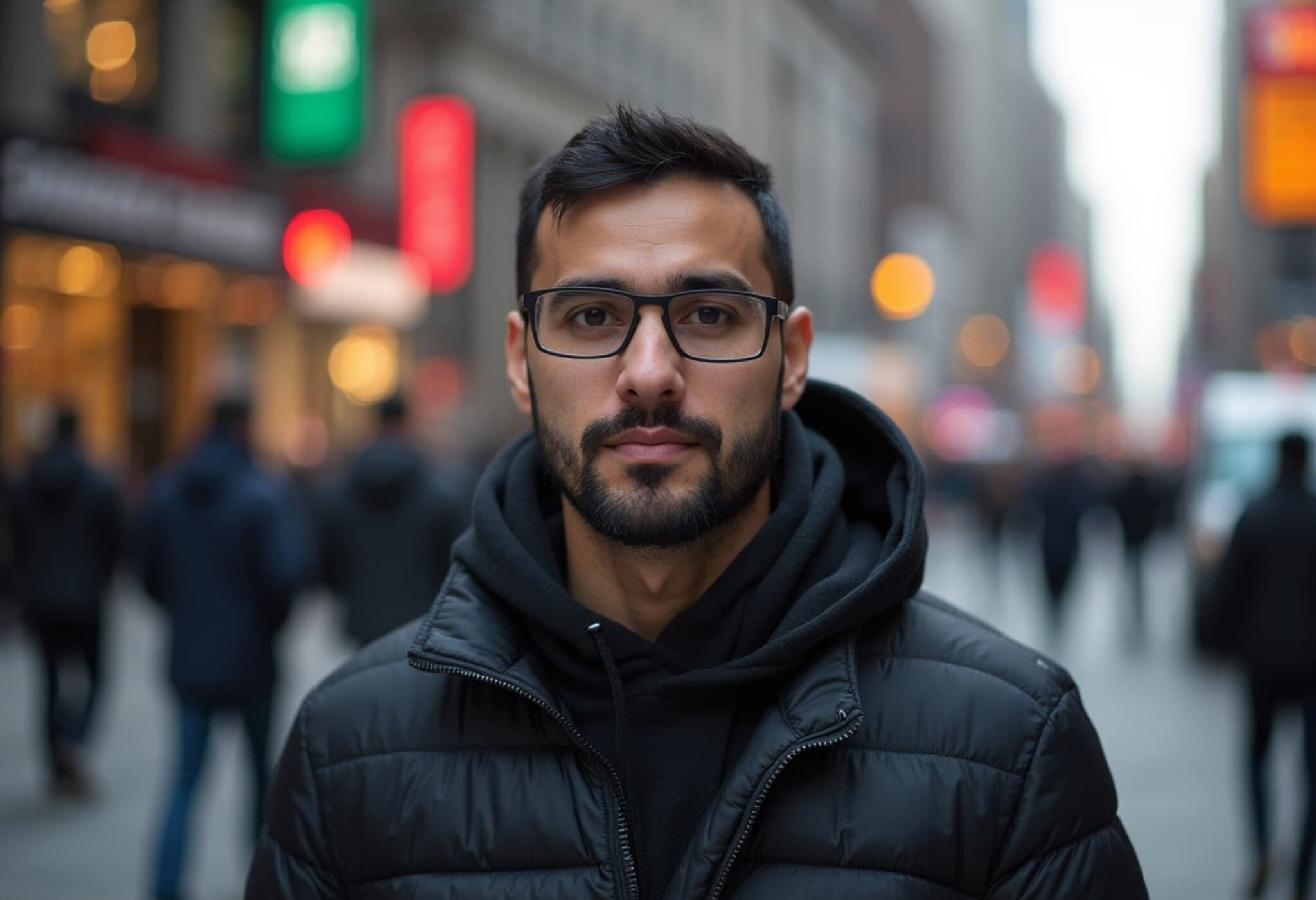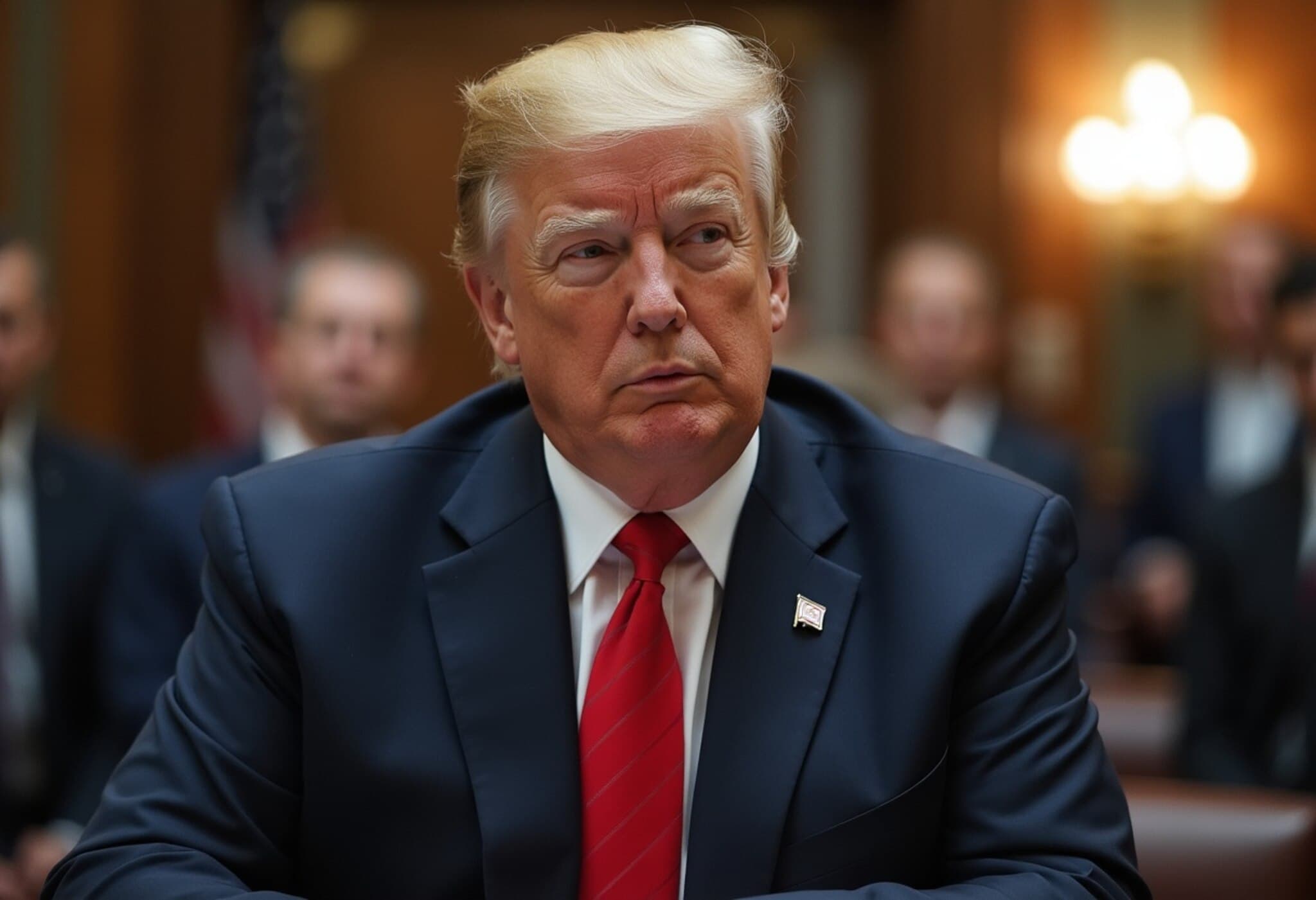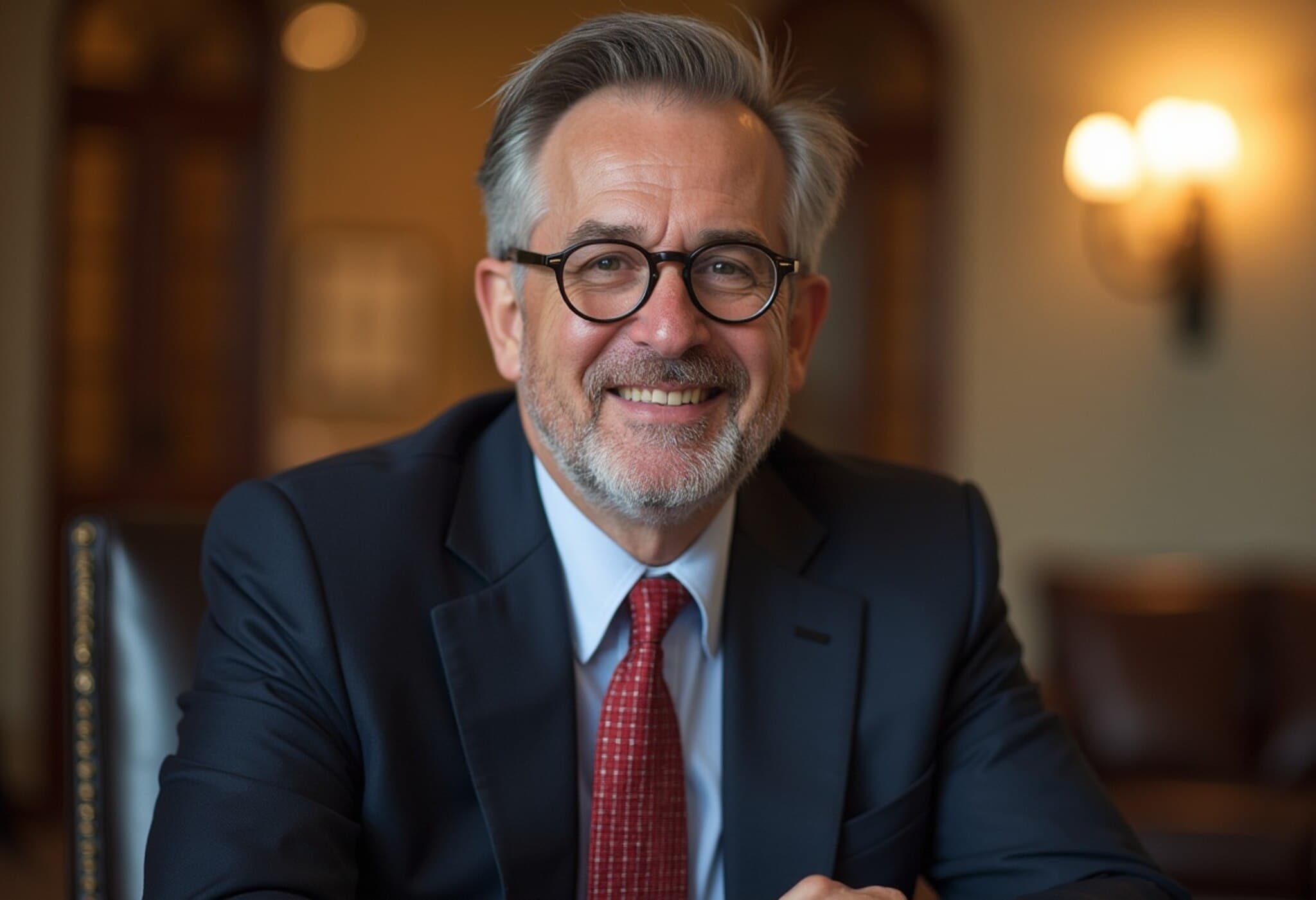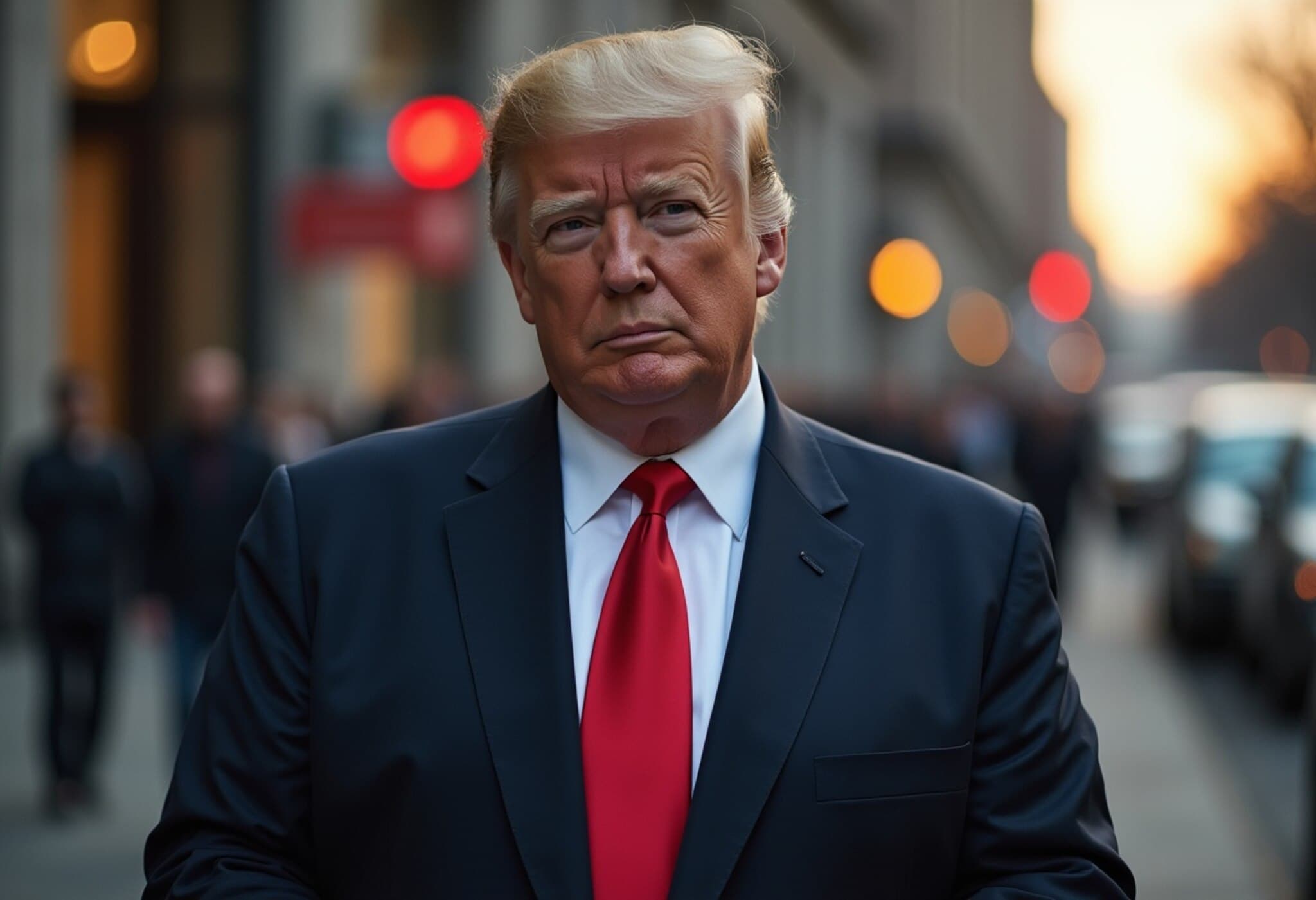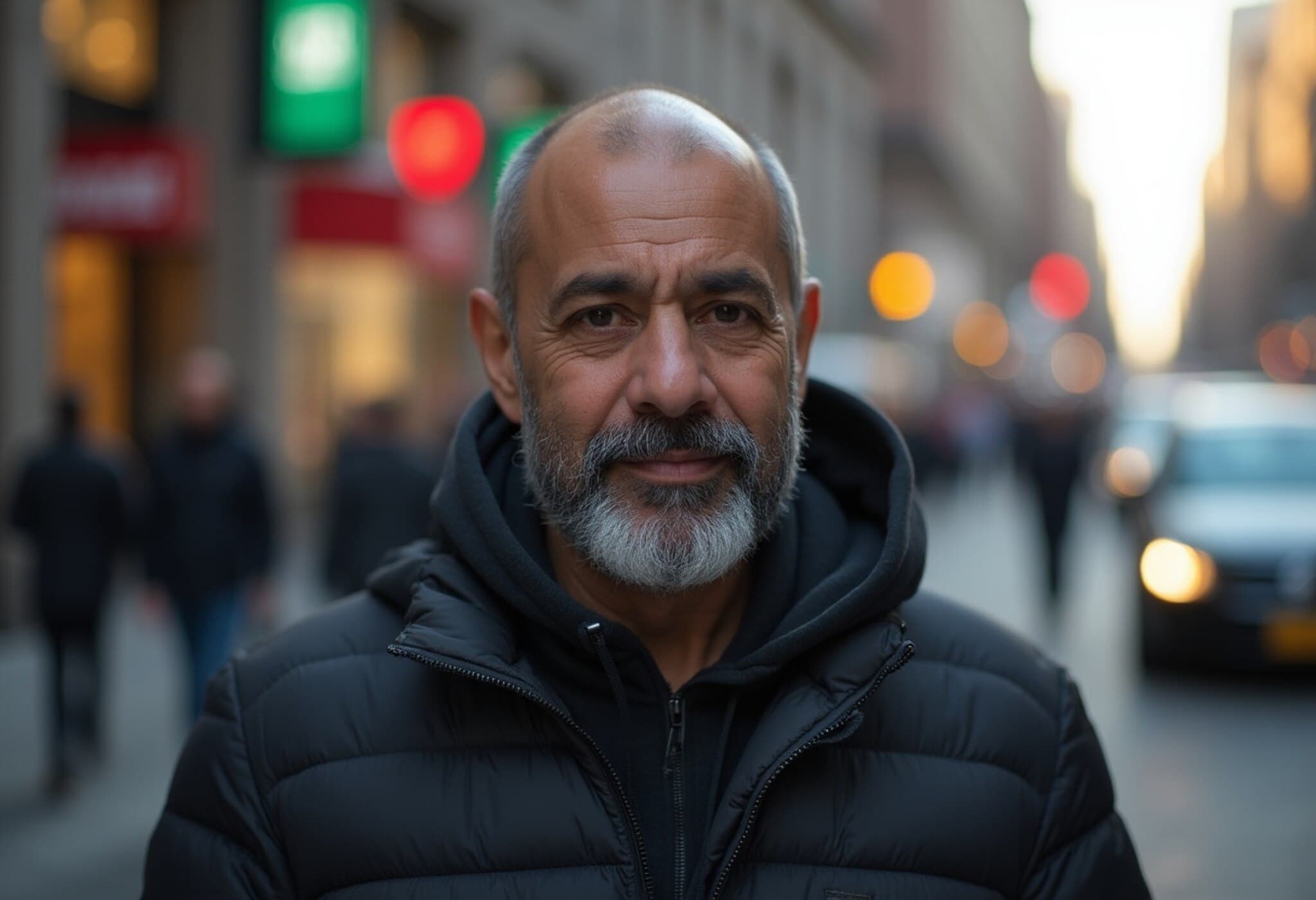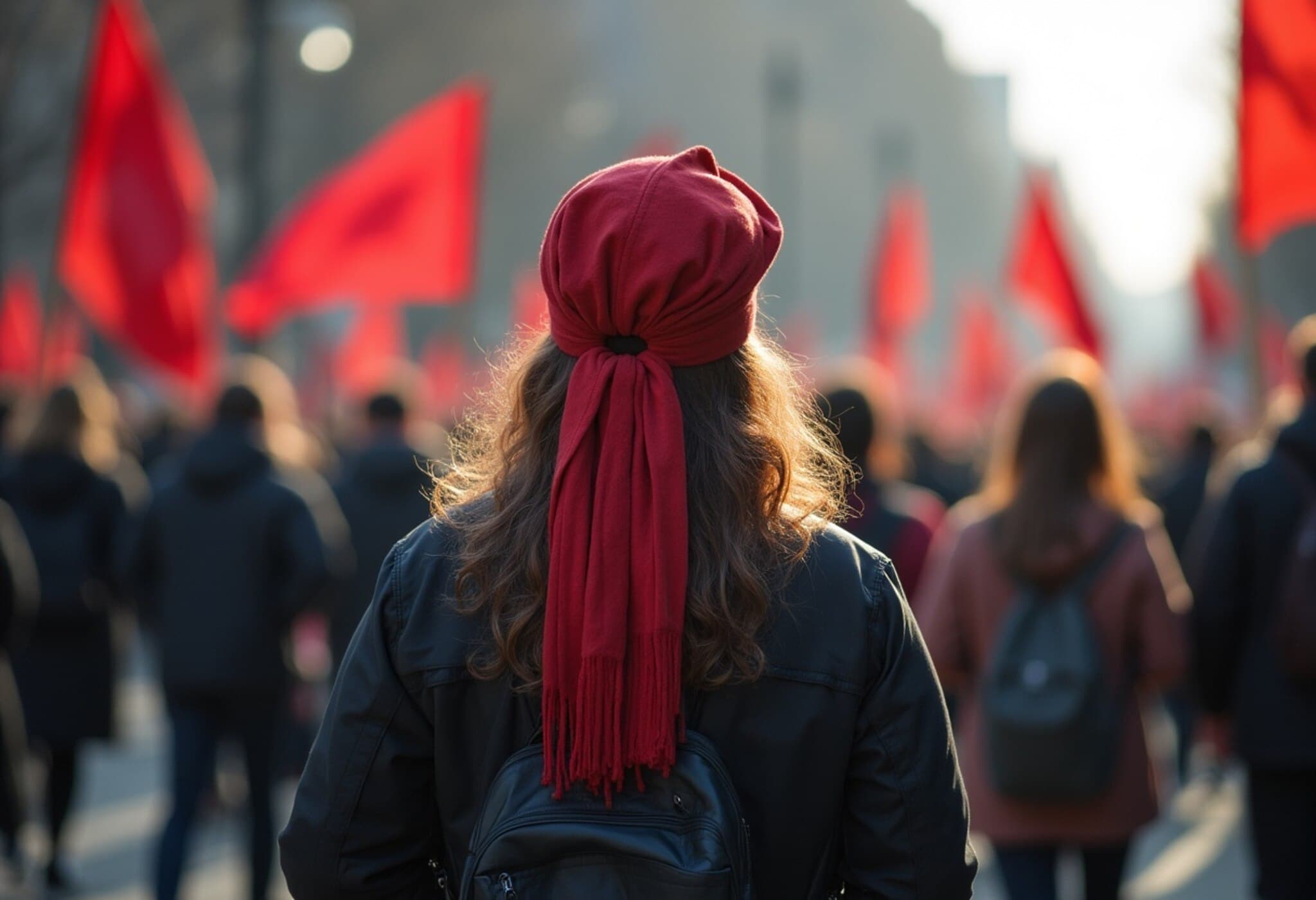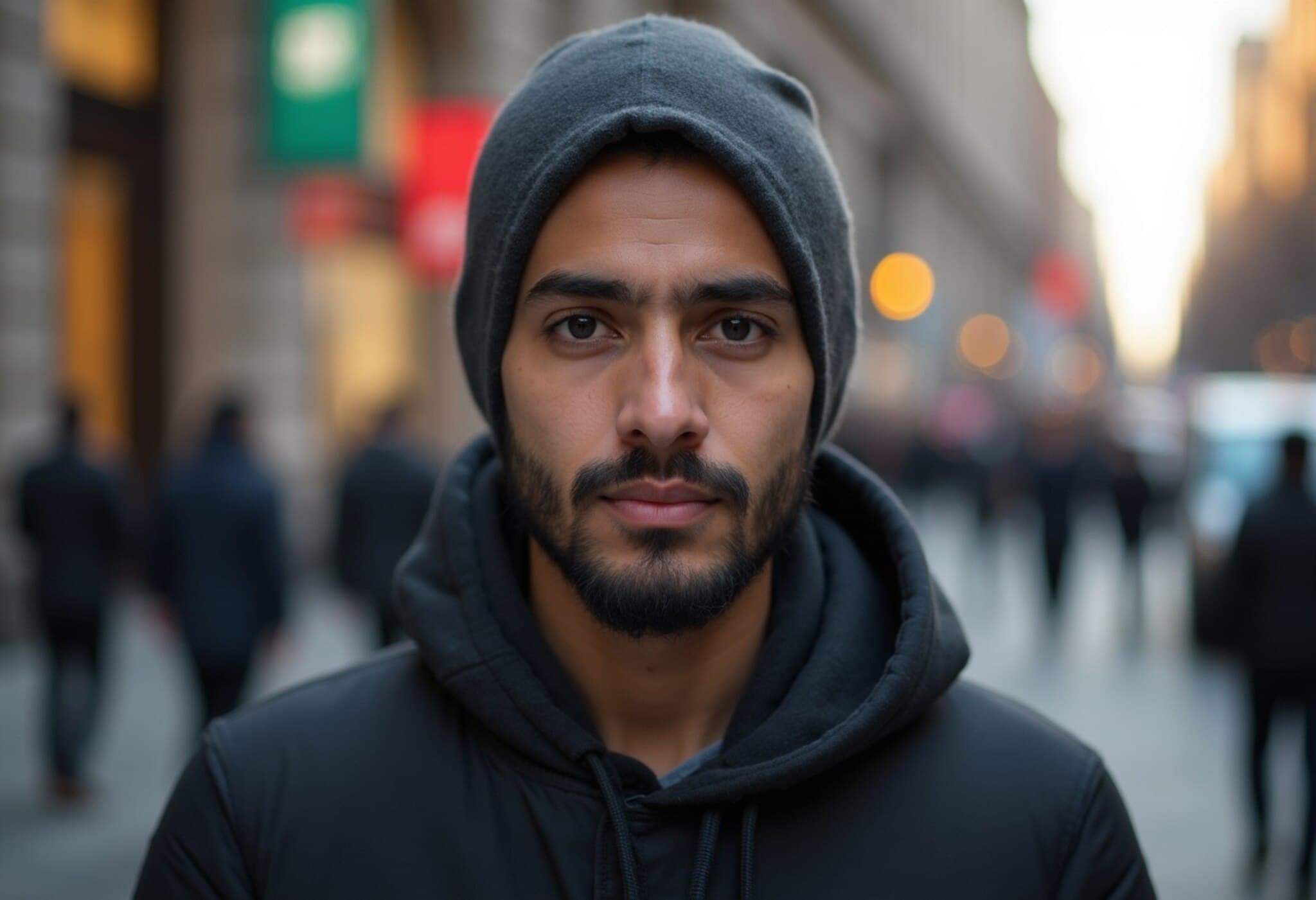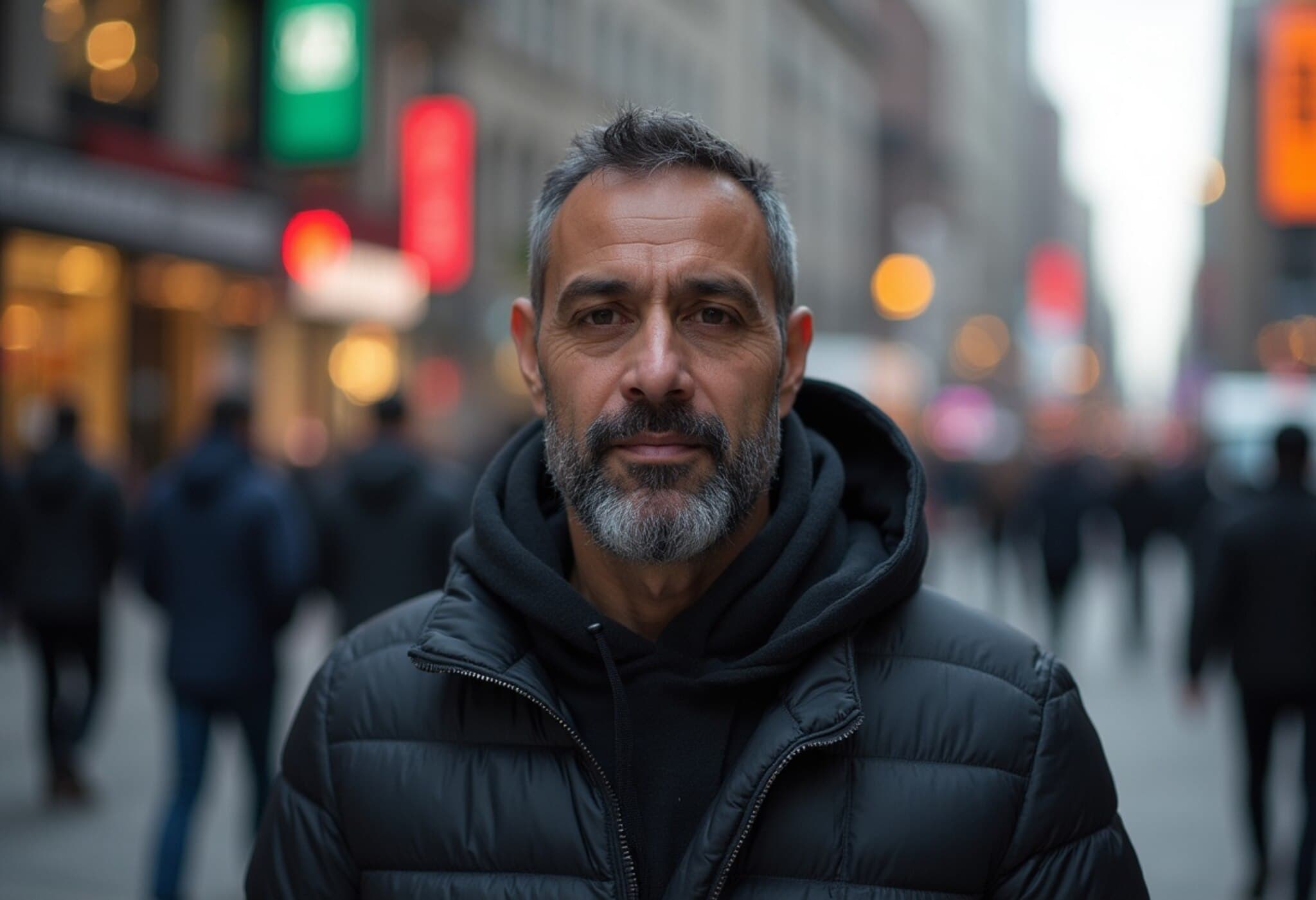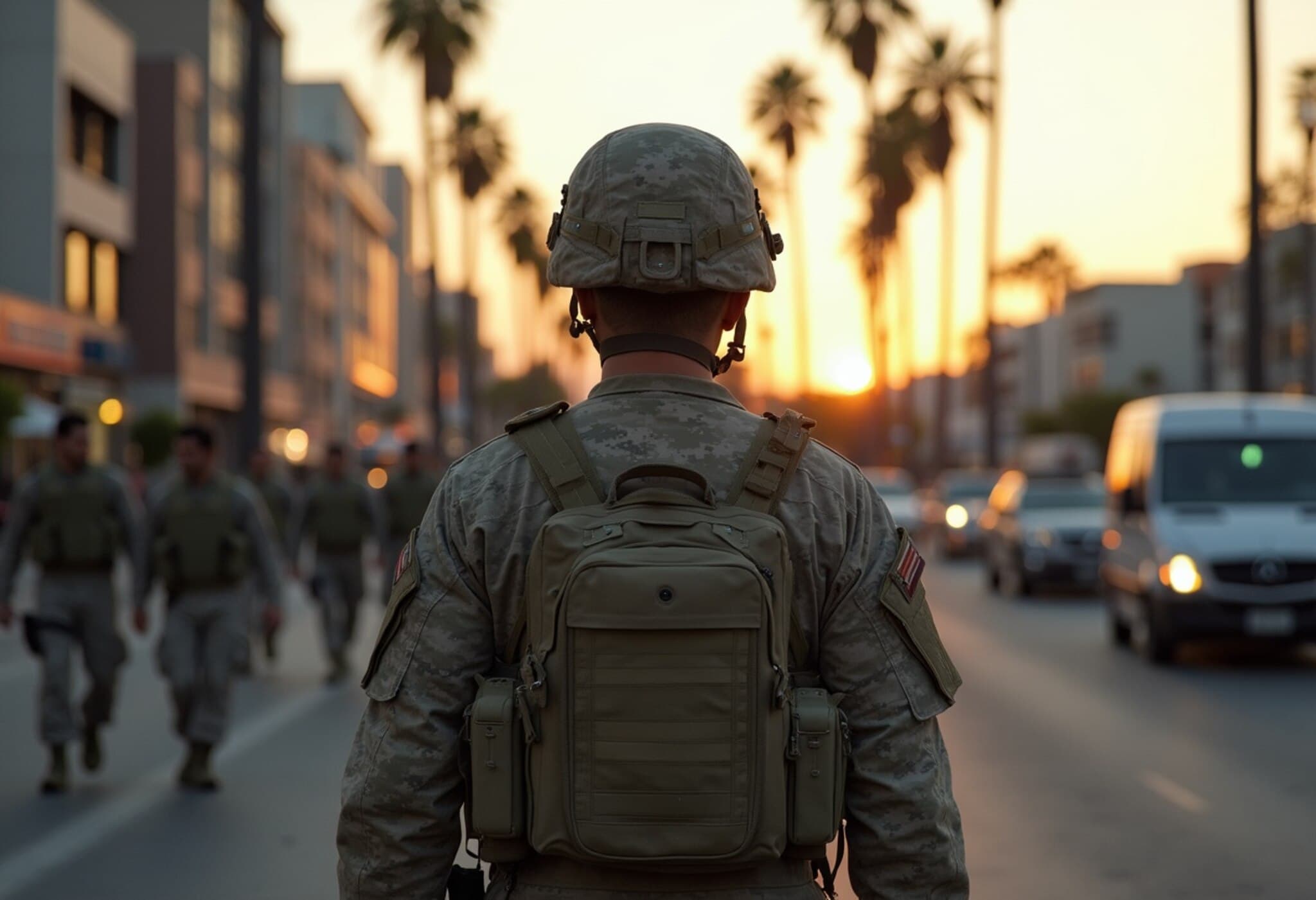US Judge Halts Deportation of Pro-Palestine Activist Mahmoud Khalil
A federal court has delivered a significant ruling in favor of Mahmoud Khalil, a former Columbia University student and legal U.S. resident, preventing the Trump administration from detaining and deporting him due to his involvement in pro-Palestinian campus protests.
Free Speech Violation at the Core
US District Judge Michael Farbiarz, presiding in Newark, New Jersey, declared that Khalil’s detention infringed on his First Amendment rights. The judge emphasized that such actions caused "irreparable harm" to Khalil’s freedom of expression, career prospects, and reputation.
"The Petitioner’s career and reputation are being damaged, and his speech is being chilled," Judge Farbiarz wrote. "This adds up to irreparable harm." This ruling marks a critical rebuff to the administration’s efforts to deport foreign students participating in political demonstrations.
Legal Grounds and Administrative Pushback
The government’s initial justification for Khalil's detention was based on an obscure immigration law allowing the Secretary of State to deport any non-citizen deemed a threat to U.S. foreign policy. However, the court found this application to be an overreach that violated constitutional protections.
The judge scheduled the ruling to take effect at 9:30 a.m. EDT on Friday, providing the federal government a window to file for an appeal should they choose to challenge the decision.
Implications for Foreign Student Activists
This case sets a precedent protecting the rights of foreign students involved in peaceful activism on American campuses. It underscores the judiciary’s role in balancing national security concerns with fundamental civil liberties.
As debates over immigration enforcement and free speech continue to intensify, this ruling resonates as a potent reminder that constitutional rights cannot be sidelined in the face of political pressures.
Looking Ahead
The outcome of any potential appeals will be closely watched, not only by activists and legal experts but also by educational institutions navigating the intersection of student activism and immigration laws.
For now, Mahmoud Khalil remains protected from deportation, affirming the importance of free speech and fair treatment for all residents within the United States.


